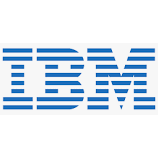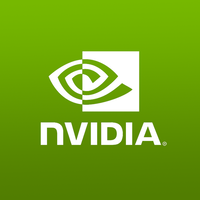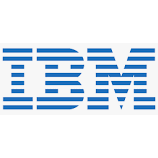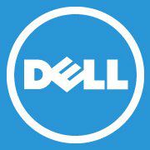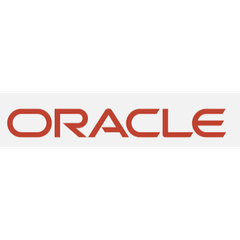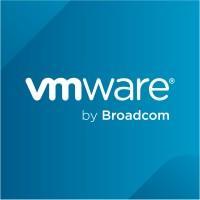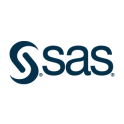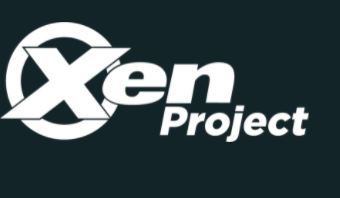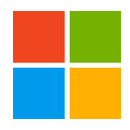
KVM
KVM, or Kernel-based Virtual Machine, is an open-source virtualization technology embedded within the Linux kernel, allowing it to function as a hypervisor that runs multiple isolated virtual machines (VMs). It leverages Linux's performance features, enabling efficient resource allocation, enhanced security through Security-Enhanced Linux (SELinux), and support for live migration. KVM's architecture ensures VMs operate as standard Linux processes, offering fine-grained scheduling control and flexibility for developers and enterprises alike.
Top KVM Alternatives
IBM Rational Test Virtualization Server
IBM Rational Test Virtualization Server enables software testing teams to begin testing early in the development lifecycle by virtualizing applications and databases.
NVIDIA Virtual PC
NVIDIA Virtual PC is an advanced application virtualization software designed to empower remote and hybrid workforces.
IBM Cloud Secure Virtualization
IBM Cloud Secure Virtualization is a robust virtualization software that optimizes the use of physical hardware by creating multiple virtual machines (VMs) on a single server.
Foglight for Virtualization
Foglight for Virtualization, Standard Edition, enhances virtualization management by offering intuitive dashboards and views tailored for monitoring performance.
Oracle Data Service Integrator
Oracle Data Service Integrator empowers organizations to swiftly create and manage federated data services, offering unified access to diverse information sources.
VMware NSX
VMware NSX transforms networking and security through virtualization, enabling seamless management across diverse environments, including data centers, multi-cloud, bare metal, and containers.
Data Manager
It enables users to verify system operations effectively while providing access to a wealth of...
SAS Federation Server
Its web-based console simplifies user access management, while advanced data masking and encryption ensure sensitive...
AWS Nitro Enclaves
By leveraging Nitro Hypervisor technology, it offers strong CPU and memory isolation, cryptographic attestation, and...
Xen Project
Supporting x86, Arm, RISC-V, and PPC architectures, it improves introspection tools and device passthrough capabilities...
Microsoft Dev Box
These agile dev boxes support a wide range of tools essential for creating desktop, mobile...
Barracuda SSL VPN
Users can connect effortlessly via a web browser without needing extra software...
Breezy
Its innovative cloud print infrastructure enables seamless printing from any device to any printer, ensuring...
TIBCO Platform
This real-time platform empowers operators, developers, and business technologists with an intuitive interface for effective...
Red Hat JBoss Data Virtualization
It seamlessly combines data from diverse sources—such as databases, XML files, and Hadoop—into manageable tables...
Top KVM Features
- Open source virtualization technology
- Linux kernel integration
- Virtualization management tools
- Live migration support
- Enhanced VM security features
- Flexibility and portability
- Resource allocation optimization
- Isolation between VMs
- Automation capabilities
- Command-line management options
- Graphical user interfaces
- Support for multiple architectures
- Compatibility with older OS
- Shared file system support
- Fine-grained control over scheduling
- Mature technology for enterprises
- Unified environment management
- Remote VM control
- Performance benefits from Linux
- User-defined networks support.
Top KVM Alternatives
- IBM Rational Test Virtualization Server
- NVIDIA Virtual PC
- IBM Cloud Secure Virtualization
- Foglight for Virtualization
- Oracle Data Service Integrator
- VMware NSX
- Data Manager
- SAS Federation Server
- AWS Nitro Enclaves
- Xen Project
- Microsoft Dev Box
- Barracuda SSL VPN
- Breezy
- TIBCO Platform
- Red Hat JBoss Data Virtualization
